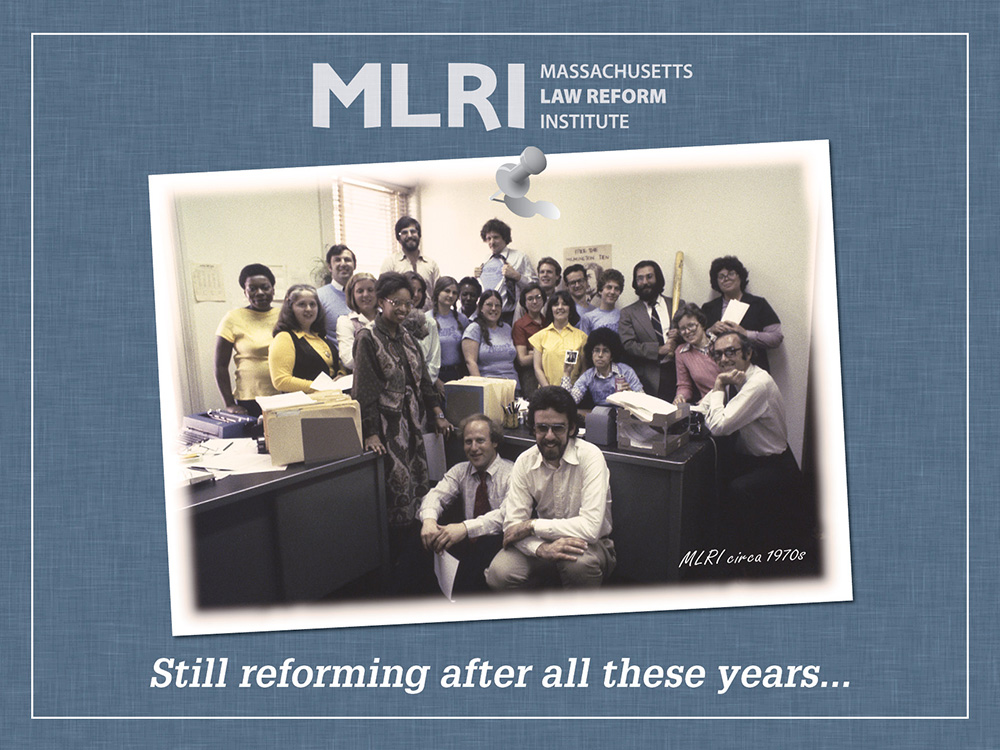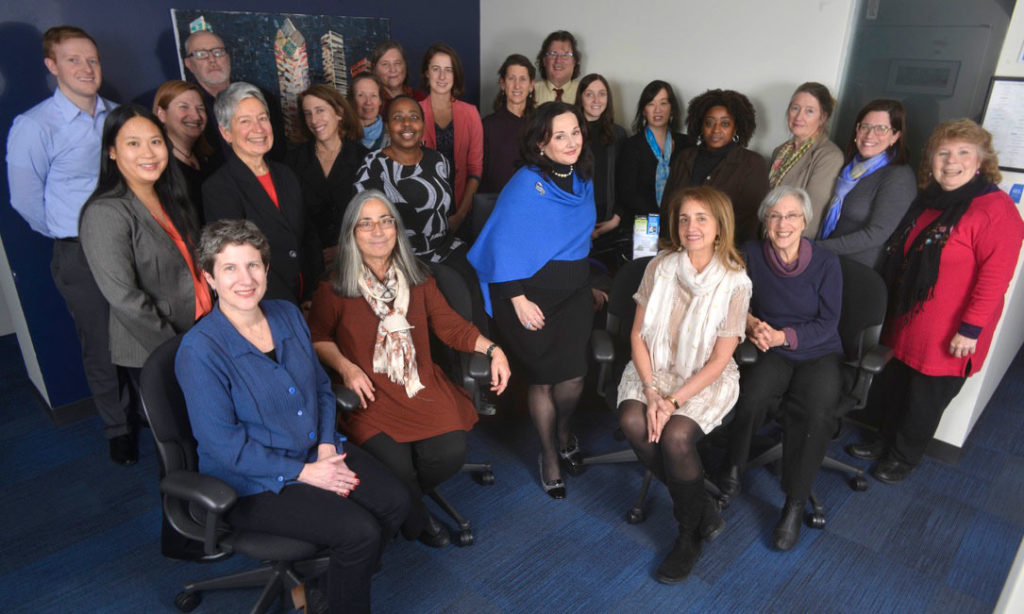In 1964, Congress passed the Economic Opportunity Act, launching President Lyndon Johnson’s Great Society programs.
The Act established the Office of Economic Opportunity (OEO), which administered the Administration’s anti-poverty programs. As part of the War on Poverty, the OEO launched civil legal services for the poor.
In addition to creating a system of local legal aid programs that represented individual low-income people, the OEO established a system of state “support centers.” These centers would provide the legal services community with leadership and support on substantive poverty law issues and undertake systemic litigation and advocacy on large-scale issues of importance to low income people. These statewide support centers engage in specialized advocacy and develop expertise in new and emerging areas of poverty law. They work closely with client groups and anti-poverty movements to identify and redress inequities and barriers encountered by poor people.
It was during this dynamic national movement that MLRI was founded in 1968 as the statewide poverty law and policy support center in Massachusetts. MLRI focuses on impact, collaborative relationships, and multi-forum advocacy — i.e., an array of strategies and tactics that include test case and class action litigation, legislative advocacy, administrative advocacy, community lawyering, and educating the public and policymakers on issues that affect low income people.
MLRI was led by Executive Director Allan G. Rodgers from 1969 until his retirement in 2010. In 2011, there was an executive transition to the current Executive Director, Georgia D. Katsoulomitis.

You can learn more about the history of MLRI and law reform in Massachusetts by reading Allan Rodger’s interview with the National Equal Justice Library Oral History Collection.

Resources for legal help and information:
